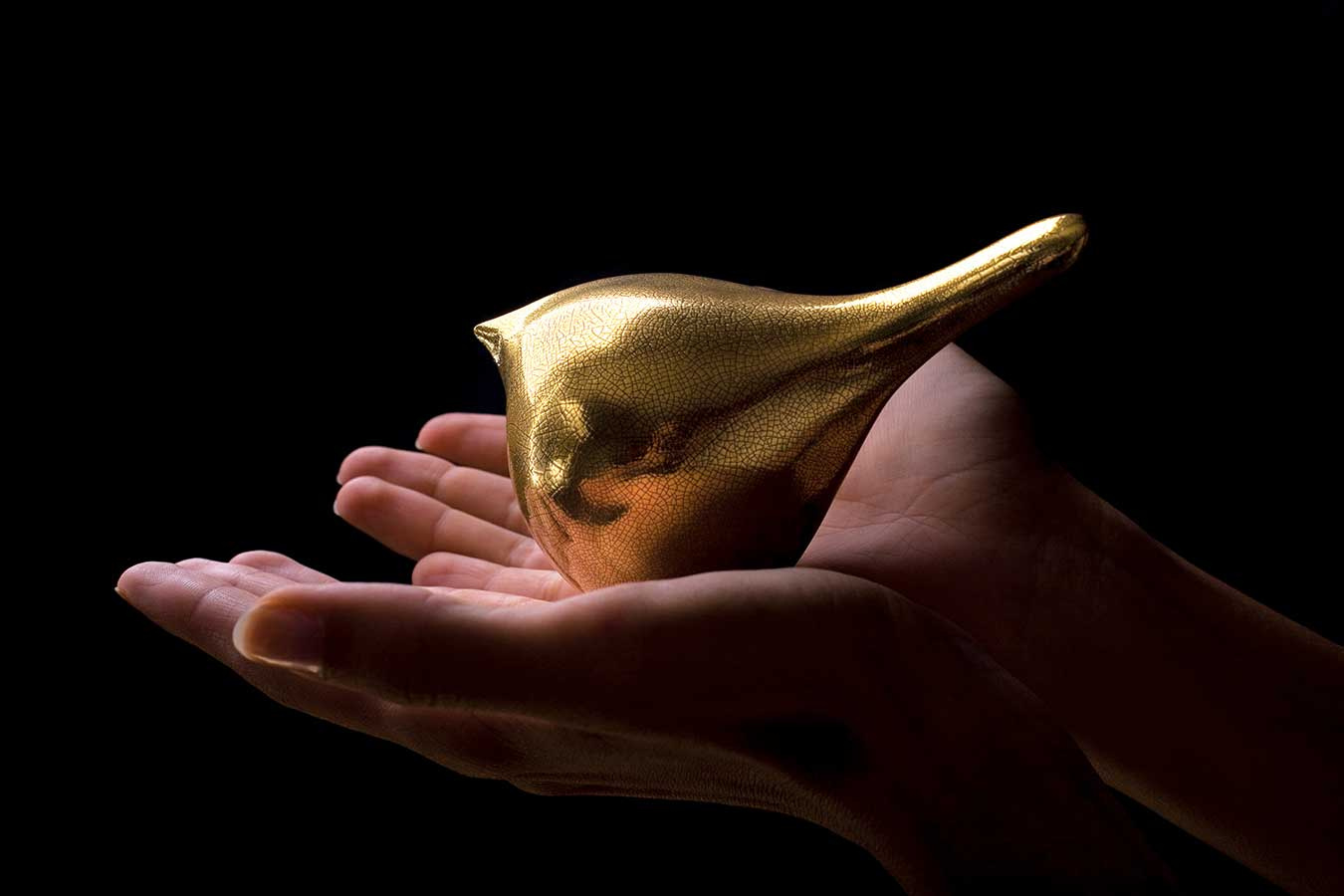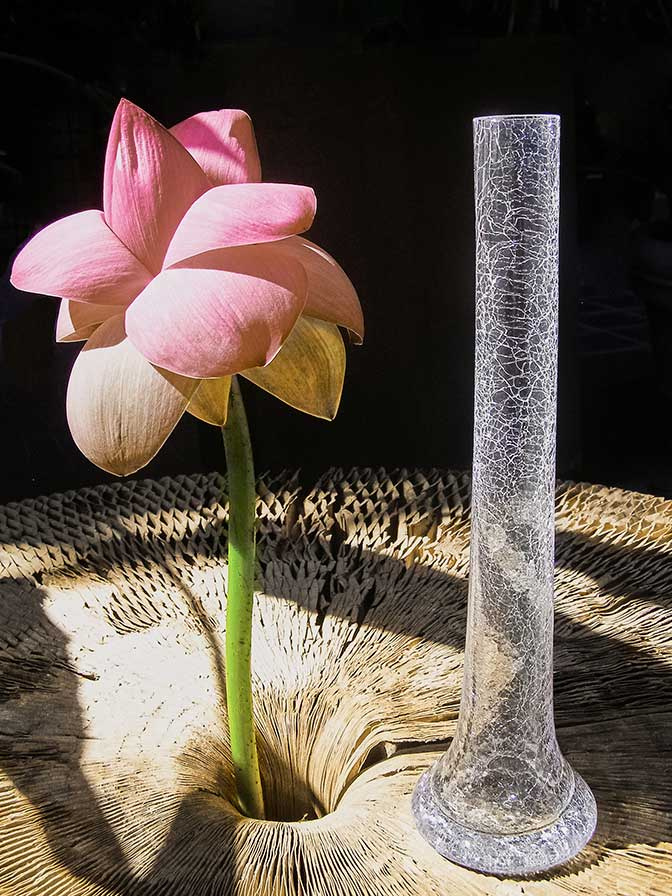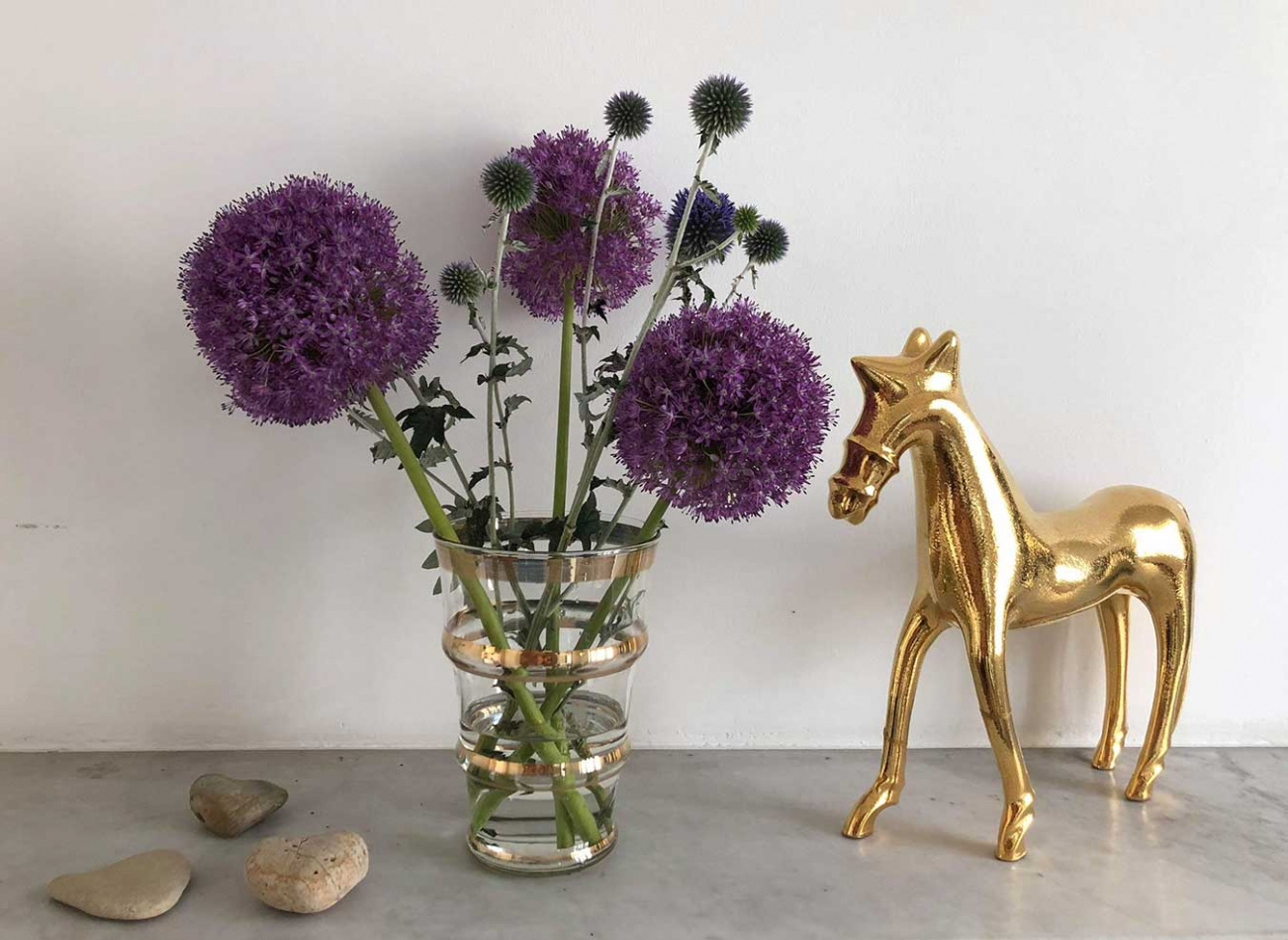From the very beginning of mankind’s history, gifts have been an integral part of the society. They are one of the fundamental customs and an important part of our lives, which is governed by certain rules. Gifts are presented all around the world and have been around through all the different eras. The purpose and contents of a gift have changed throughout the human history. As with all other aspects of life, gifts also differ from culture to culture. They are often part of rituals, such as births, baptisms, weddings and similar. Most often, they are a means of showing friendship, affection, respect, thankfulness and a means of strengthening interpersonal relationships.

Gifts are the essence of beautiful, good and successful communication, and at the same time a highly significant part of modern-day man's self-realisation. When choosing a gift, we must be careful of the cultural background of the recipient, their interests and the specific situation or occasion. A gift can be something splendid – the result of knowledge, research, innovation and creativity.
Oskar Kogoj's works of art bring together tradition and modernity. When selecting and deciding upon a gift, we should go by the rule that less is more. We can certainly find something that fits our taste, something that speaks to our soul, something that will make the recipient happy and something that will also speak volumes about ourselves.

| We present a gift to someone we love and whom we want to show our affection to. Therefore, the products themselves encourage us to love. It's time to wake up and live. We must be aware that we are not only physical, but also emotional and spiritual beings. When we not only use, but also utilise art, it enriches us internally.
More often than not, we give gifts to others – not ourselves. By presenting a gift, we express gratitude, affection and attention, as well as commemorate a memory with which we can to eternalise an important event. We usually give it to our loved ones, friends, acquaintances, associates, business partners, and some even to the highest statesmen at home and around the world.
|
|
When we present gifts, we must first listen to ourselves to determine what message we want to convey and how much we know the person to whom we want to express attention, gratitude, trust and respect. Above all, a gift should not be a gift-giving return. No matter what and to whom we present a gift, it will always express our attitude, culture and taste.

It is certainly easier to choose a gift if we also know the values of the recipient’s cultural environment. At the same time, we must try to be original and innovative, which means, among other things, that we should not present the same gift over and over again, for instance a glass. In this case, we run the risk that the gift will lose all value in the eyes of the recipient – except, of course, if we are presenting the gift to a collector. We should try and pay attention to what has been given to us, so that we do not return the same gift.
Due to their uniqueness and message, Oskar Kogoj products are suitable as personal gifts on a number of different occasions. On account of their close connection to the Slovenian culture, Oskar Kogoj products have also been classified as protocol gifts. Many products have found themselves in the hands of foreign statesmen, members of royal families, peacekeepers, presidents, ministers and other prominent individuals. Even if you are looking for business gifts, which belong to the business culture, strategy and relationships, you will find our collection has much to offer.
Last but not least, we can present a gift to ourselves, give ourselves something beautiful or – as we like to say – get something "for our souls".
When selecting a gift, we must choose it carefully and with thought so as to express ourselves and our attitude towards the recipient. Despite the transition between the transcendent and the material, the mystical and the functional, Oskar Kogoj products radiate meaningfulness and informative value, regardless of the recipient or type of occasion. Make sure your gift represents a tangible bond that is woven firmly and whole-heartedly.